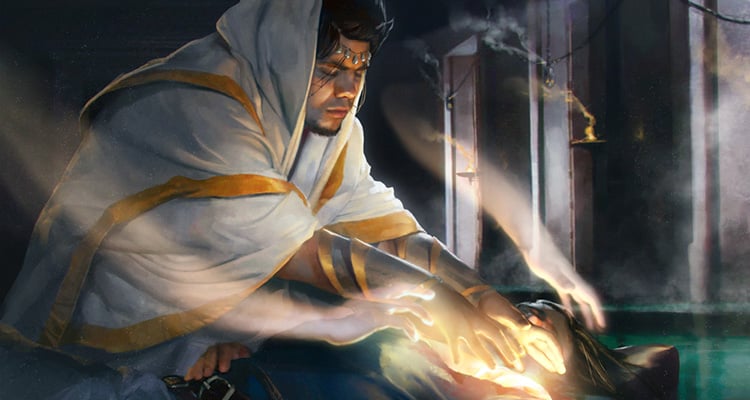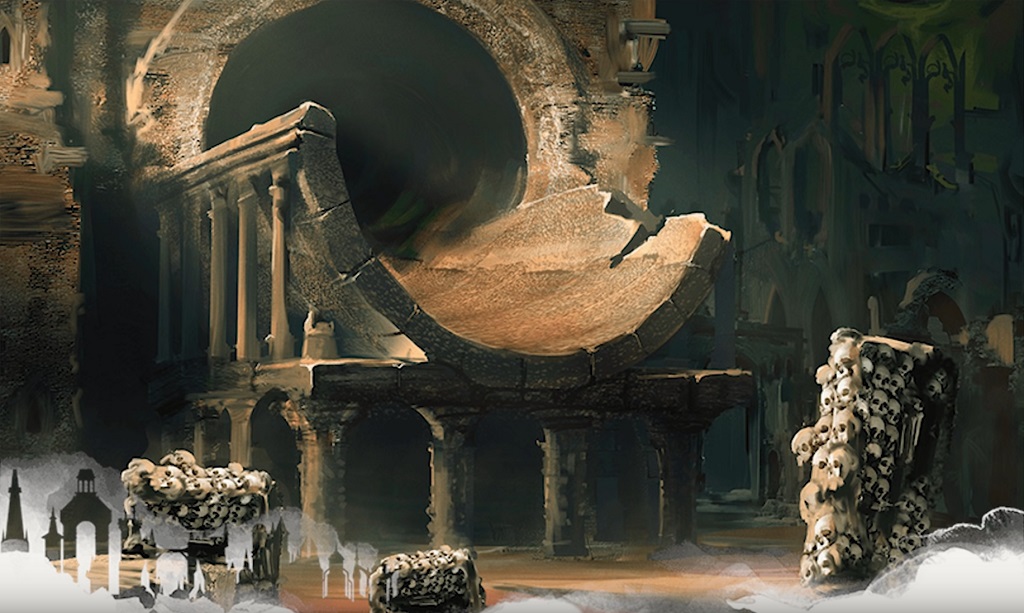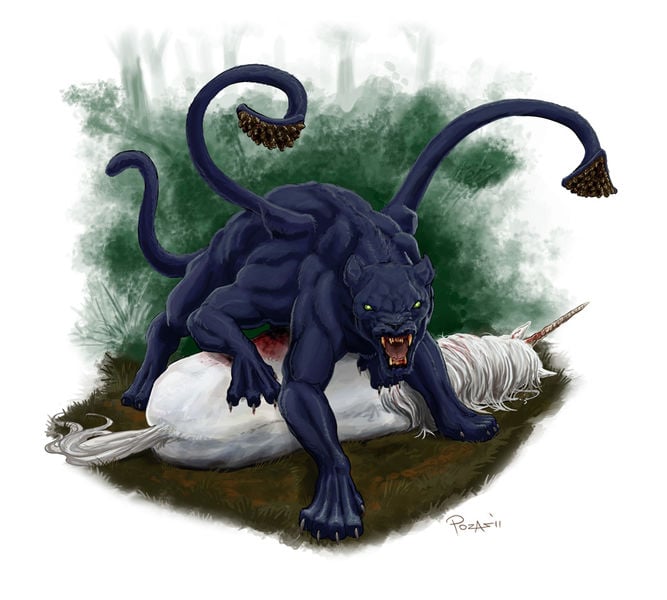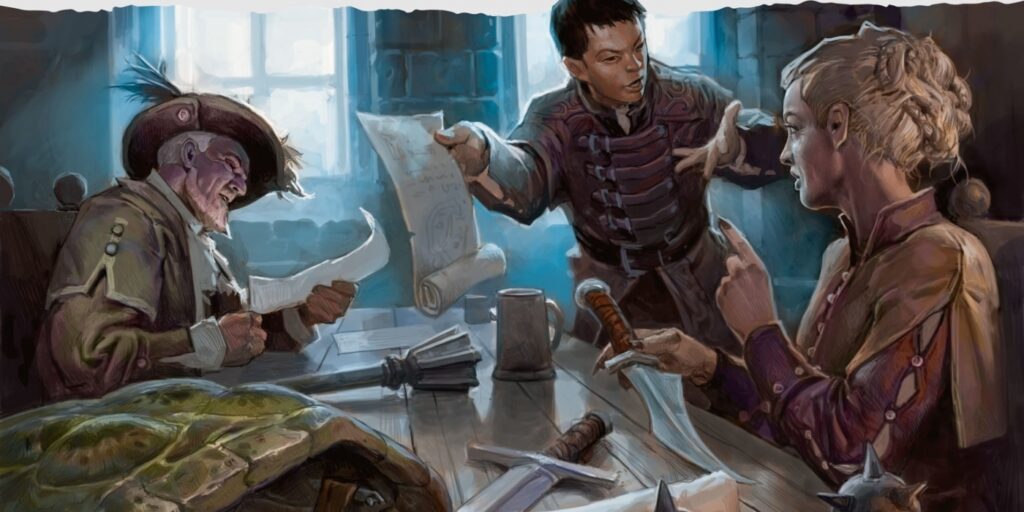Five D&D Starter Adventure Hooks – Kick Off the Journey Right
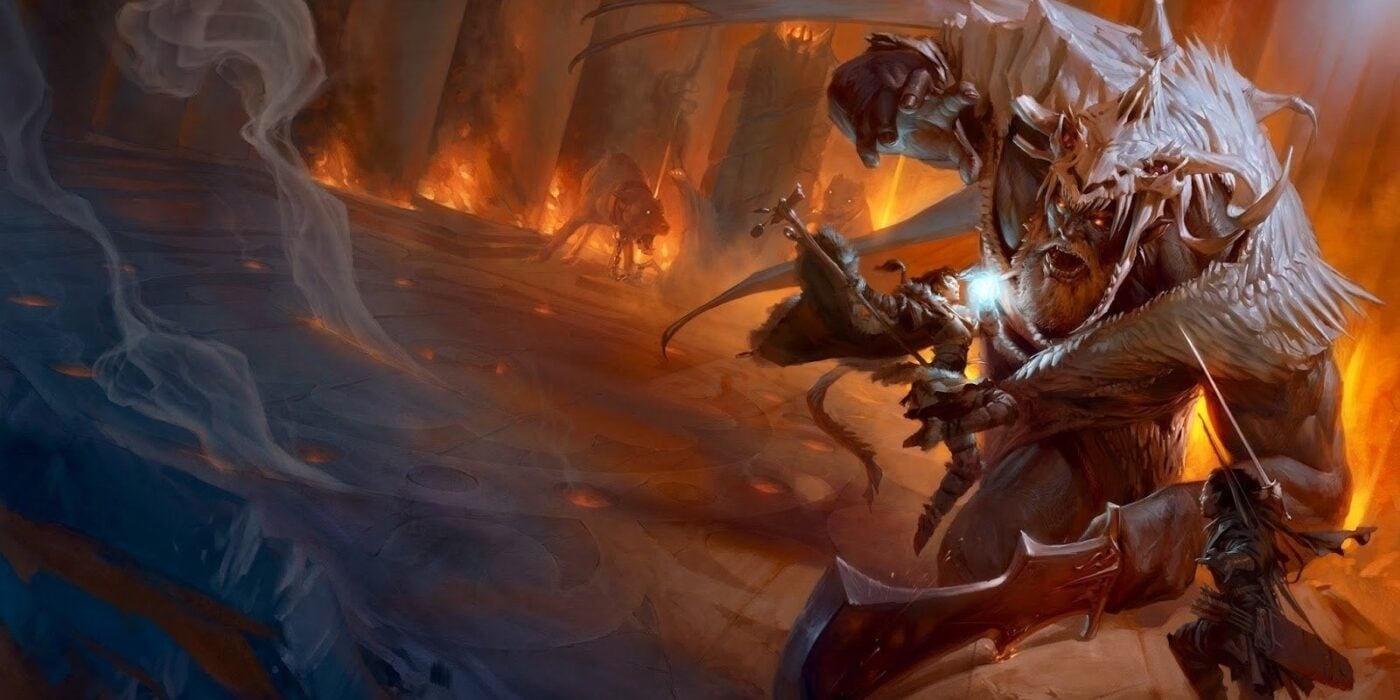
Looking to get started with D&D? There’s never been a better time. And for inspiration, here are five starter adventure hooks you can use for your first adventure.
Tired of the same old quest to take care of rats in the basement? Goblins in the caves? Kobolds in the sewers? Your first adventure can be about so many more things than killing low-level monsters. And you can still have plenty of chances to kill whatever CR 1/8-1/2 creatures you see fit. Break away from the cliche older than even the first Baldur’s Gate, which is old enough to drink now and it’s probably best not to think about it.
After all, if your first adventure sets the tone for your D&D game, you want to think about what you want your heroes doing. So why not give them some heroic things to do? Here are five other options you can use besides killing rats in the basement.
Rescue the Lost Villager
A villager in town has gone missing. Make it someone well-known. Maybe a local troublemaker or minor acolyte or scholar or the like. Some figure stands out with just enough personality that the villagers all know them. This adventure can teach players about tracking creatures and navigating the wilderness. When they rescue the missing person they have challenges still. This could be an opportunity to teach about medicine checks or nature checks when they’re out late enough to be caught in an oncoming storm.
The storm means they’ll need to take shelter. Make it easy: a DC 8 Nature or Survival check spots a nearby cave. If you want to combat, it can be home to a giant spider or goblins or whatever. But as they shelter in the cave, this is a chance to dig into the characters. Have the NPC ask the PCs questions about what they do, and who they are. Strike up a conversation and see what happens. When enough time has passed, the storm fades and morning finds them returning to a grateful town.
Tend to the Wounded
A recent bandit attack has left many of the villagers wounded. Maybe the PCs fought off the bandits and now are called upon to render aid. The village healer is one of the injured, so any help is needed. Players without the Medicine skill can help by heading into the woods to round up ingredients to make healing poultices. Or maybe call upon the spirit of an old wayshrine that was once said to provide waters that could heal any injury. It has long since been dormant, but a Religion or Arcana check might come in handy here.
This is also a great chance to give the players some significant choices to make. As they’re healing, they discover that among the wounded villagers are some of the bandits. The players must decide whether to heal them and what to do with them afterward. The townspeople are split on what to do, some want to see them punished, some don’t think they deserve healing, and some think they should be treated as well as the next.
This is a great chance to put the spotlight on any PC with a strong moral code or religious leaning. Ask what their gods teach, if anything, about situations like this. Let the players make a choice, and then, whatever their option, have the townspeople react to their decision. I’d skew positively.
Investigate the Old Ruins
The players might hear rumors of an old ruin recently unearthed. If you want to get creative the old ruin might find them. Maybe as they’re out wandering the map on another assignment, the ground collapses. Time to make some saves. Failure means they are caught in a collapsing ground as they fall into the path of an old ruin that has been long buried. Success means they have to climb down.
Have a carefully placed pit with water at the bottom so they don’t take damage and lose those precious 1st-level hit points. But once they’re at the entrance, the quest is all about exploring the ruins and finding a way back to the surface.
Venturing inside, the players are confronted with some old traps. The first room should cue the players by having some traps that have already been discharged. Think spears poking up out of the ground or a visible pit. But as they explore, have them discover a mystery. History checks might help unlock some of the stories of the place, and a little bit of thieves’ tool checks (or other tool proficiencies that might be appropriate) to open locked doors. Have them find a map that reveals a secret room or three, then have them search for secret doors. This is also the perfect chance to award them an unusual magic item or other treasure to be appraised and identified.
Of course, this is also a great spot to fight skeletons or some other old ruin guardian.
Soothe the Beast
When a ferocious beast is spotted on the outskirts of the village, the players are given the task to go and investigate. Upon investigating, they discover a young version of a monster of your choice – I’d recommend a drake or an axe beak or some other exotic creature that’s decidedly fantastic but also animalistic. It is wounded, hungry, and scared, but the players can help deal with it. Handle animal checks, nature checks, and persuasion checks are all excellent candidates. I’d run this one in stages, where the PCs first have to calm the beast down, then tend to its wounds, then figure out what it wants.
It might want companionship, it might need to find a safe way out of where it currently is, or it might need to find a new home. Either way, the players must decide what they’ll do with this beast that has the villagers of the nearby town in a tizzy.
Negotiate the Dispute
When it seems like two factions in the village might come to blows, the PCs must intervene. Maybe it’s a guild dispute, a religious dispute, or just two powerful families who don’t much care for each other. Whatever the case, the PCs are outsiders. And an outsider might be exactly what’s needed. The PCs can mediate the proceedings or even be tasked with figuring out the cause. This little investigation is a great chance for roleplay and persuasion, deception, and insight checks. We’d suggest figuring out a ‘what really happened’ and a ‘what everyone says happened’ scenario so that the players feel insightful and clever when they figure it out.
Players without social graces can search for clues or intimidate recalcitrant witnesses. Maybe they can use skills like athletics to find answers in hard-to-reach places.
Whatever you decide, there’s plenty of room for combat in any of these scenarios, but the next time you reach for a starting scenario for your game, try one of these. Leave the combat for later, and get your players used to the many, many things they can do in the game of Dungeons & Dragons.
Happy adventuring!



